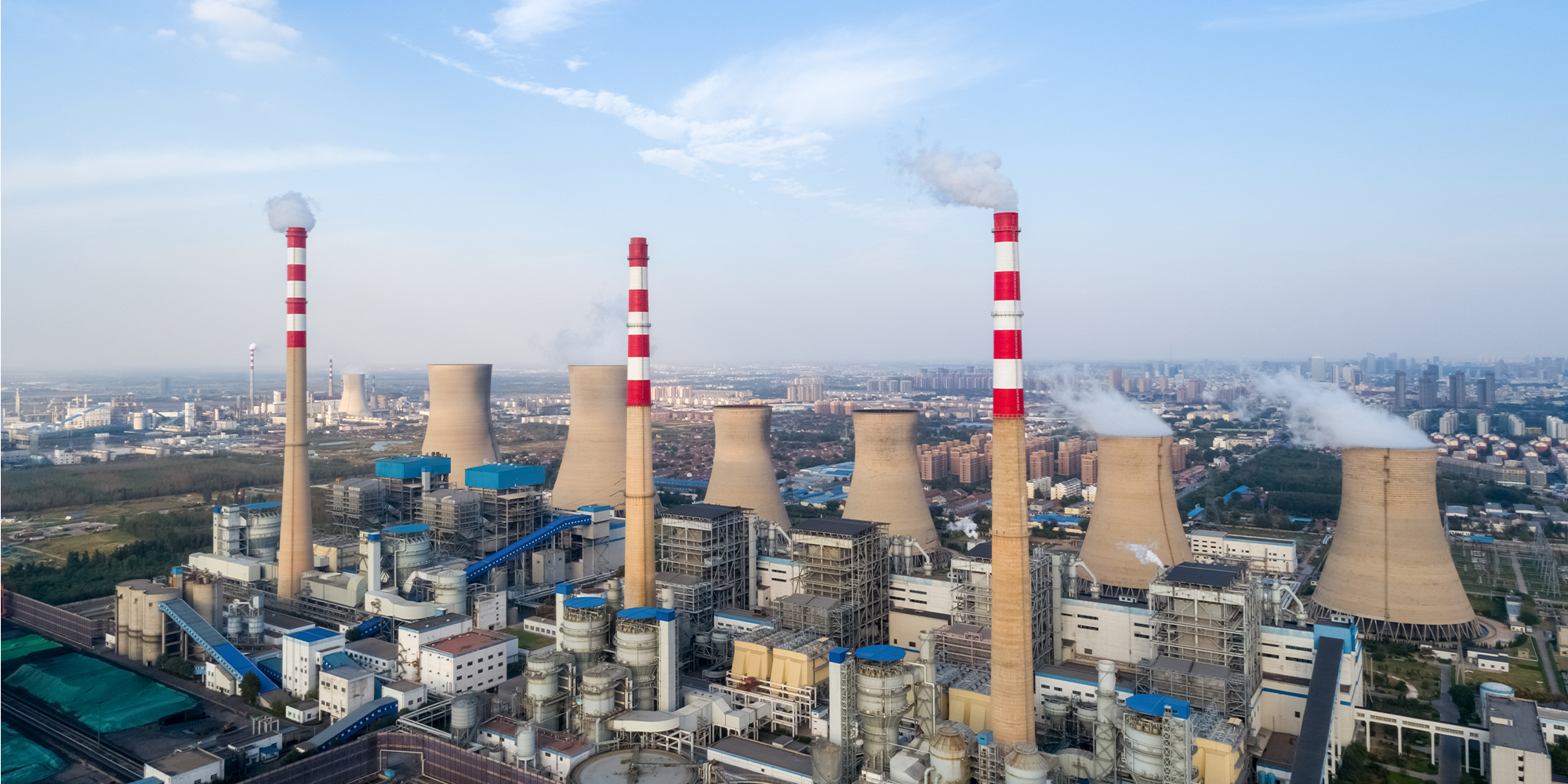
In the quest for sustainable and clean energy sources, solar and wind energy technologies have emerged as frontrunners. The integration of these renewable energy sources offers a beacon of hope for a sustainable future, addressing the urgent need for environmental preservation while fostering economic growth. This article delves into the top five benefits of investing in solar wind energy technology, shedding light on why these renewable sources are pivotal to our energy transition.
1. Environmental Preservation and Reduction of Carbon Footprint
The most compelling advantage of solar and wind energy is their minimal environmental impact compared to fossil fuels. These renewable sources emit little to no greenhouse gases or pollutants during operation, making them a cornerstone in the fight against climate change. By harnessing the power of the sun and wind, we significantly reduce our reliance on coal, oil, and natural gas, which are the primary culprits of carbon dioxide emissions and global warming. Investing in solar and wind energy not only helps in mitigating climate change but also improves air quality, leading to better health outcomes for communities worldwide.
2. Economic Benefits and Job Creation
The renewable energy sector, particularly solar and wind, has become a formidable job creator. According to the International Renewable Energy Agency (IRENA), the renewable energy sector has consistently outpaced other sectors in job creation, offering more jobs per unit of electricity generated than fossil fuels. Investment in solar wind energy not only stimulates local economies but also contributes to a more diversified and resilient global economy. The development, installation, and maintenance of solar panels and wind turbines create a wide array of job opportunities, from manufacturing to engineering and beyond, fostering economic growth in numerous communities.
3. Energy Independence and Security
Investing in solar wind energy technology enhances a nation’s energy independence and security. By reducing dependence on imported fuels, countries can protect themselves from price volatility and supply disruptions associated with the global fossil fuel market. Renewable energy sources, being abundant and locally available, provide a steady and predictable supply of electricity. This stability is crucial for both national security and economic stability, as it shields economies from external shocks and helps control energy prices for consumers.
4. Scalability and Flexibility
Solar and wind energy technologies are highly scalable and flexible, making them suitable for a wide range of applications, from small-scale residential settings to large-scale utility projects. This adaptability allows for tailored energy solutions that can address specific needs and constraints of different regions and communities. For instance, solar panels can be installed on rooftops in urban areas, while wind turbines can be erected in rural or offshore locations where wind resources are abundant. Moreover, the modular nature of solar and wind energy systems means they can be gradually expanded to meet growing energy demands, providing a scalable path towards renewable energy transition.
5. Advancements in Technology and Decreasing Costs
The rapid advancements in solar and wind energy technologies have led to significant decreases in costs, making renewable energy more accessible and affordable than ever before. Innovations in materials science, engineering, and manufacturing have improved the efficiency and durability of solar panels and wind turbines, reducing the cost of energy production. As a result, solar and wind energy are now among the cheapest sources of new electricity generation in many parts of the world. This trend is expected to continue, further enhancing the economic viability of solar and wind energy investments.
Investing in solar and wind energy technology offers a myriad of benefits, from environmental preservation and economic growth to energy independence, scalability, and affordability. As the world grapples with the challenges of climate change and the transition towards sustainable energy, the role of solar and wind energy cannot be overstated. By embracing these renewable sources, we can pave the way for a cleaner, healthier, and more prosperous future for all. The journey towards renewable energy is not without its challenges, including technological, financial, and regulatory hurdles. However, the collective benefits far outweigh the obstacles, making the case for solar and wind energy investment compelling and urgent. As we move forward, it is crucial for policymakers, businesses, and communities to collaborate in accelerating the deployment of solar and wind energy technologies, ensuring a sustainable and resilient energy future for generations to come.